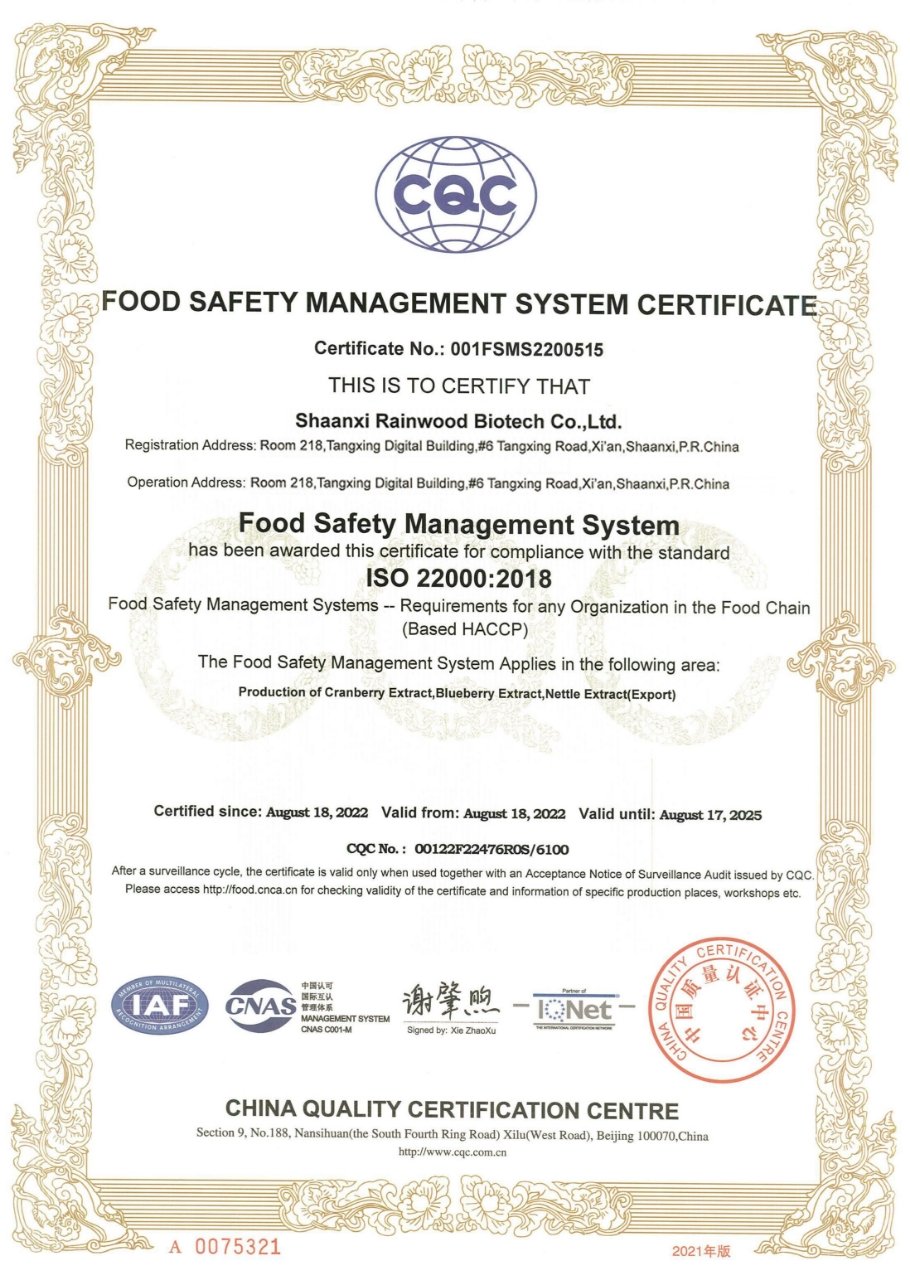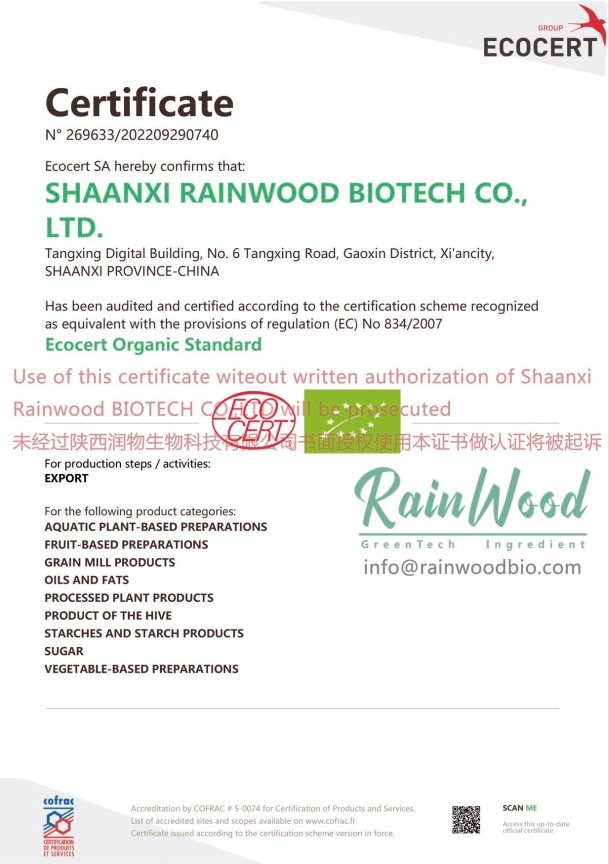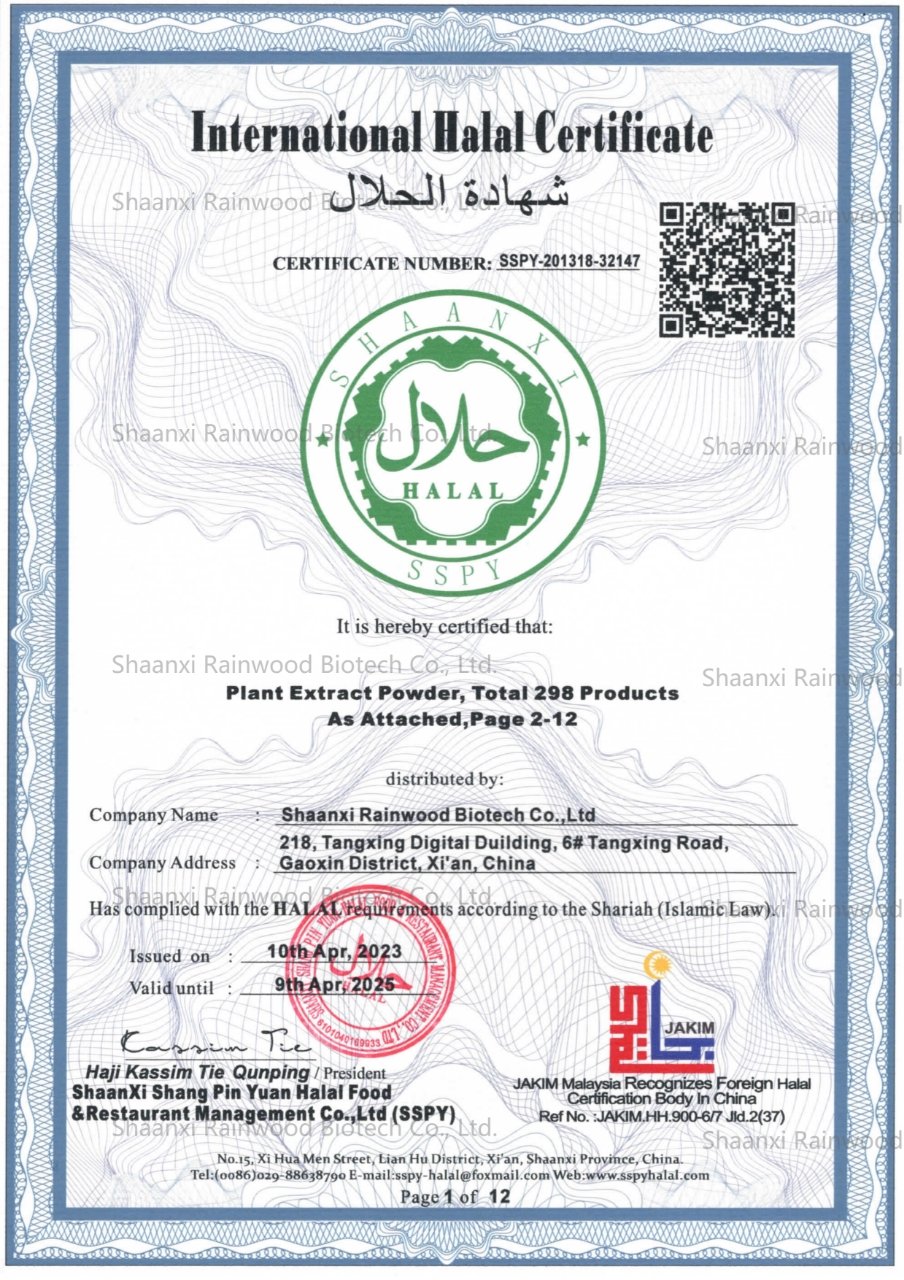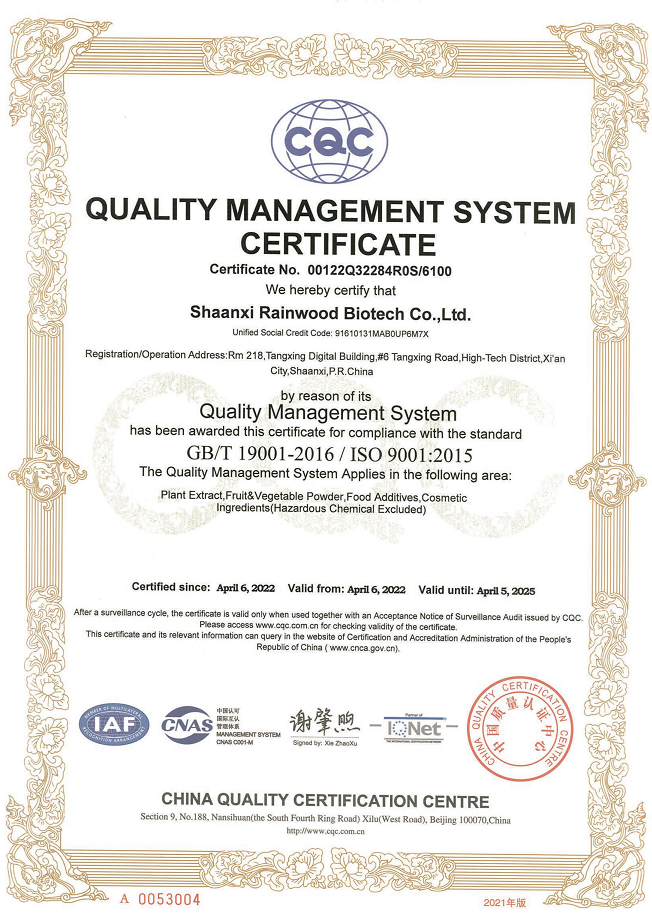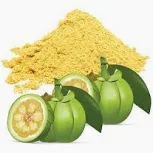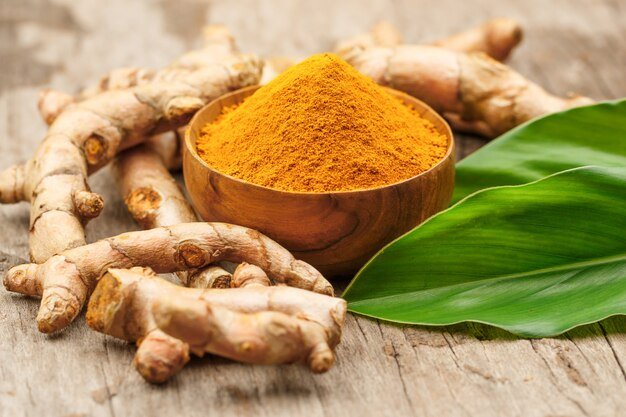Artichoke, also known as artichoke, or artichoke, is also known as French lily and Dutch lily because its flower buds are shaped like the bulbs of lily. It is a perennial herb of the Asteraceae family. Native to the Nordic Mediterranean coast, it grows in sunny, warm and not too humid seaside areas. At present, European and American countries have a large planting area, especially Italy, France and the Netherlands. It is also cultivated in parts of Asia. Although it was introduced to Shanghai, Beijing and other places in China from France in the 19th century, due to the limitations of climate, soil and technology, commercial production was never formed.
Artichoke is an edible plant. It has been the most court dish as early as ancient Rome and ancient Greece, for the dignitaries to enjoy. Today, the main producing areas of artichokes include Italy, Spain, France, Argentina, and the United States.
The edible parts are the internal bracts and receptacles, and the non-edible industrial by-products include the external bracts and stems and leaves, accounting for about 80% of the fresh weight of the whole plant. However, the research on functional active ingredients of artichoke found that its inedible parts, especially the leaves, contain quite a lot of functional substances.
Studies have shown that various types of beneficial compounds have been identified from artichoke leaves, such as polyphenols, flavonoids, chlorogenic acid, anthocyanins, terpenoids, articholic acid, etc. The most abundant ingredient in artichoke juice.
Shaanxi Rainwood Biotech Co., Ltd. have professional production of Artichoke Extract and other products for 15 years, is recognized as a professional plant extract manufacturers
How Artichoke Extract Works as a Probiotic Companion
Dyspepsia is a common clinical digestive system disease with a high incidence of about 15% in Western adults. 25% of these patients seek medical care.
In my country, dyspepsia accounts for about 10% of general outpatient clinics and 50% of pediatric internal medicine outpatient clinics. The general symptoms of diarrhea are postprandial fullness discomfort, early satiety discomfort, middle and upper abdominal pain, and middle and upper abdominal burning discomfort. In addition to the case factors such as gastric ulcer, the human discomfort caused by diarrhea has a great influence on whether it is engaged in mental work or physical work. At present, the most commonly used treatment for diarrhea is to take probiotics, sometimes in combination with some electrolytes.
In Europe, artichoke has been used as a herbal remedy for indigestion. Artichoke extract is used to treat gastrointestinal ailments including abdominal pain, bloating, and nausea. In a trial involving several hundred people, people with varying degrees of indigestion showed reduced abdominal bloating, nausea and other symptoms after taking artichoke extract for 4 to 6 weeks.
Modern medical research points out that the mechanism of artichoke extract in the treatment of indigestion is to promote the secretion of bile. In a clinical trial, 20 male patients with acute and chronic metabolic disorders were randomly divided into 2 groups. One group was given artichoke extract and the other was a control group.
The results showed that the bile secretion in the artichoke extract group increased by 127.3% after 30 minutes, and increased by 151.5% after 60 minutes, and the difference between the group and the control group was extremely obvious. This means that artichoke extract can be used as a treatment for digestive disorders accompanied by a lack of bile secretion caused by malabsorption of fat. No side effects of artichoke extract were observed in the study.
Indigestion generally has various causes, but the direction of treatment is to promote intestinal peristalsis and bile secretion, which complement each other and can promote digestion more effectively, thereby greatly improving indigestion symptoms.
Other Effects of Artichoke Extract
Positive effect on cholesterol
Artichoke extract was found to reduce total “bad” LDL cholesterol while increasing “good” HDL cholesterol. Artichoke extract affects cholesterol in two main ways:
First, artichokes contain luteolin, an antioxidant that prevents cholesterol formation.
Second, artichoke extract encourages your body to process cholesterol more efficiently, which reduces overall levels.

Helps regulate blood pressure
Artichoke extract may help people with high blood pressure. A study in 98 men with high blood pressure found that taking artichoke extract daily for 12 weeks reduced diastolic and systolic blood pressure by an average of 2.76 and 2.85 mmHg, respectively. Additionally, clinical studies have shown that artichoke extract promotes the enzyme eNOS, which plays a role in dilating blood vessels.
Additionally, artichokes are a good source of potassium, which helps regulate blood pressure.
Improve liver health
Regular consumption of artichoke extract may help protect your liver from damage, help relieve symptoms of nonalcoholic fatty liver disease, and promote the growth of new tissue. It also increases bile production, which helps remove harmful toxins from the liver. Studies in humans have shown positive effects on liver health. For example, a trial of 90 patients with nonalcoholic fatty liver disease showed that taking 600 mg of artichoke extract daily for two months improved liver function.
Rainwood BIO-committed to plant extract research and development, has more than 15 years experience, certified with ISO9001, ISO22000, KOSHER, HALAL, ORGANIC CERTIFICATE. You will get the cheapest price and best quality from us. Welcome for your inquiry.
In another study of obese adults with nonalcoholic fatty liver disease, taking artichoke extract daily for two months reduced liver inflammation and fat deposits compared to not eating artichoke extract. Scientists believe that certain antioxidants found in artichokes—cymarin and silymarin—are partly responsible for these benefits, and believe more research is warranted on the use of artichokes to treat liver disease.
Lower blood sugar
There is some evidence that artichoke extract may help lower blood sugar levels. Artichoke extract has been shown to slow the activity of alpha-glucosidase, an enzyme that breaks down starch into glucose, which may affect blood sugar.









